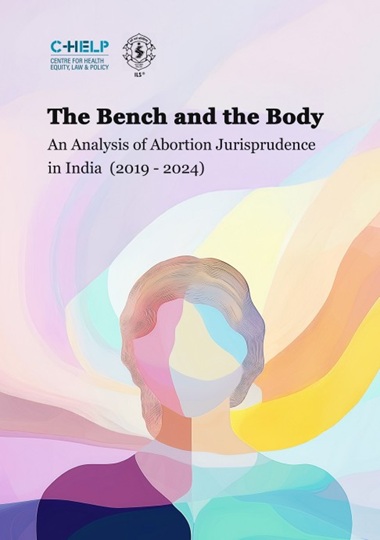
This study critically examines the judicial landscape of abortion access in India by analysing reported cases adjudicated by Indian High Courts and the Supreme Court between January 2019 and December 2024. Despite legal reforms, such as amendments to the Medical Termination of Pregnancy (MTP) Act in 2021, the study reveals a pattern of judicial inconsistencies, systemic delays, and recurring rights violations.
Data reveals that while 80% of abortion pleas were permitted, a significant proportion involved women who were already legally entitled to access abortion without judicial intervention. Particularly stark is the number of minors and survivors of sexual violence compelled to approach courts, often due to fear-driven denials by medical practitioners and ambiguity around legal obligations.
The analysis highlights how courts have inconsistently applied constitutional and statutory standards. In some instances, courts expanded reproductive rights through a purposive interpretation of the MTP Act and the Constitution; in others, relief was denied based on arbitrary readings of gestational limits, foetal viability, or moral judgments. This has led to unequal outcomes for similarly situated petitioners and undermined the constitutional promise of substantive equality.
Further, the study situates India’s abortion jurisprudence within the international normative framework, referencing obligations under CEDAW, the ICCPR, CRC, and WHO guidance, all of which emphasise the need for decriminalised, stigma-free, and accessible reproductive healthcare.
The study concludes with a strong call for systemic reforms — decriminalisation of abortion, clearer regulatory guidance for healthcare providers, and a shift toward a gender justice framework — to uphold women’s autonomy, dignity, and fundamental rights.
Centre for Health Equity, Law & Policy, Indian Law Society, Pune: The Bench and the Body: An Analysis of Abortion Jurisprudence in India (2019- 2024), August 2025